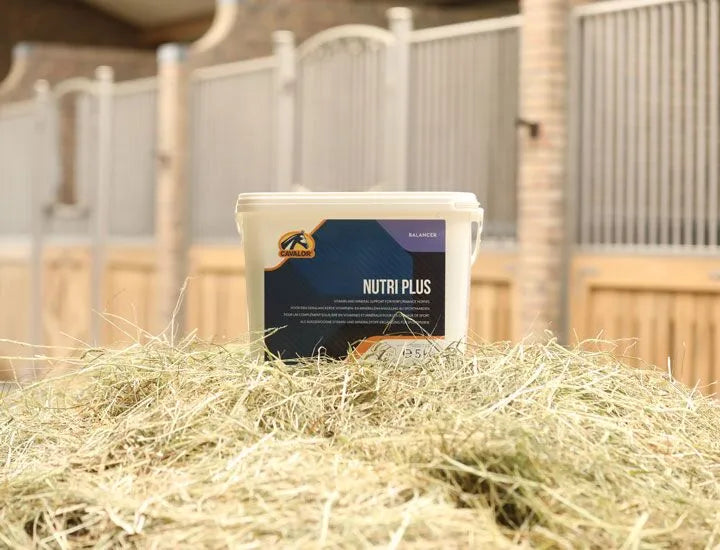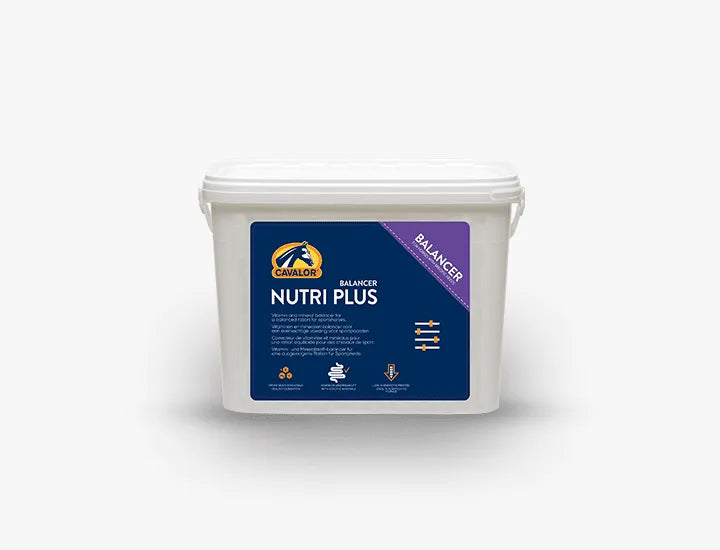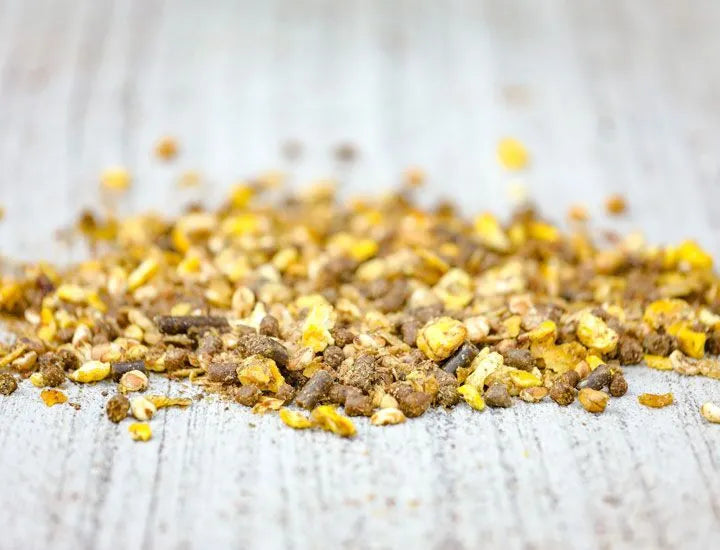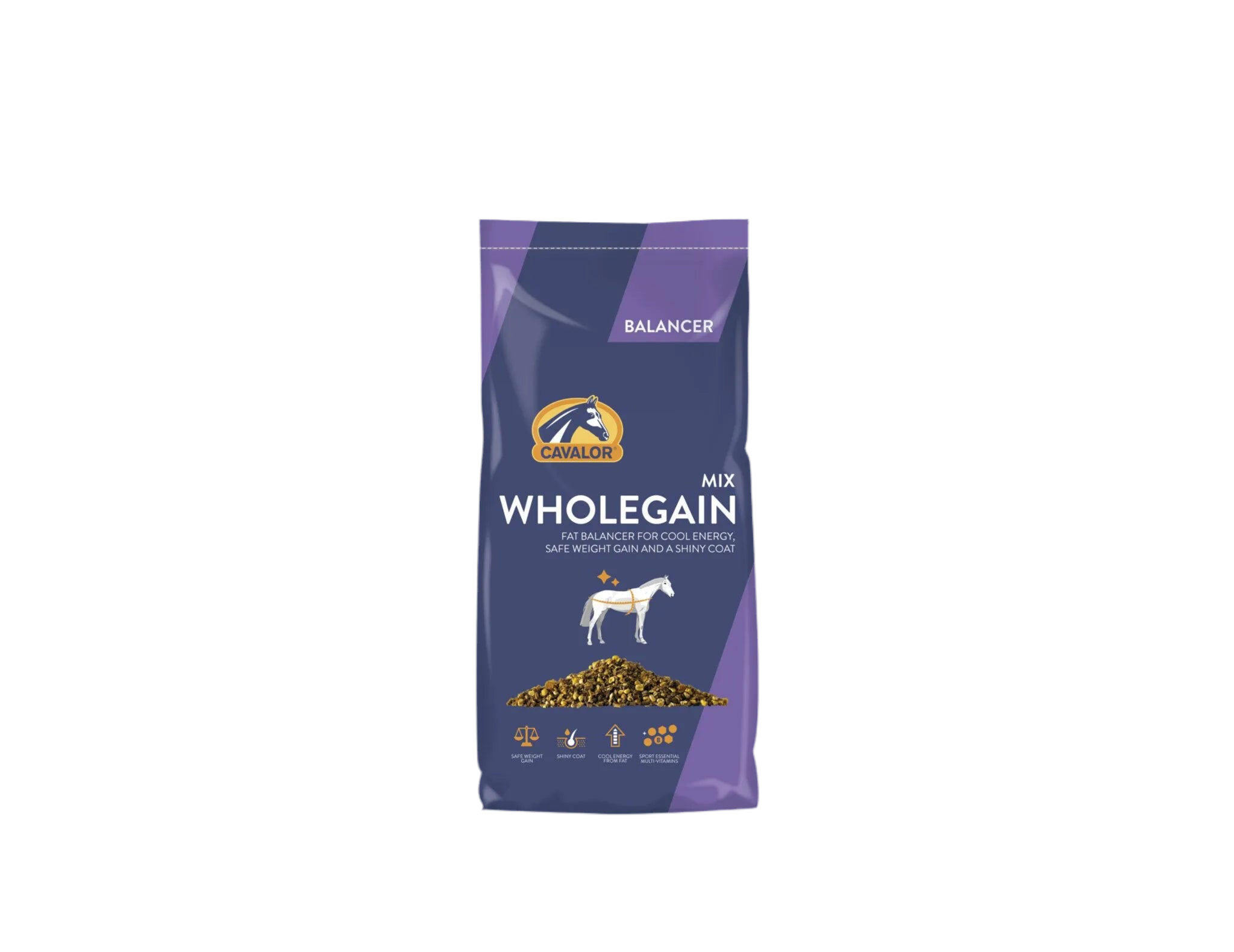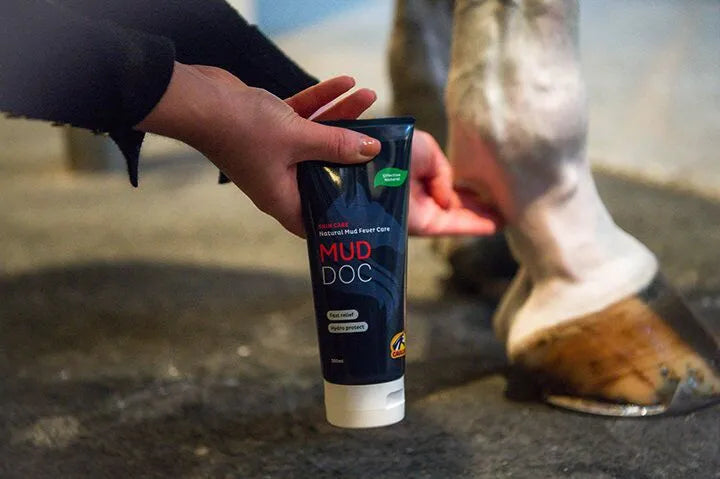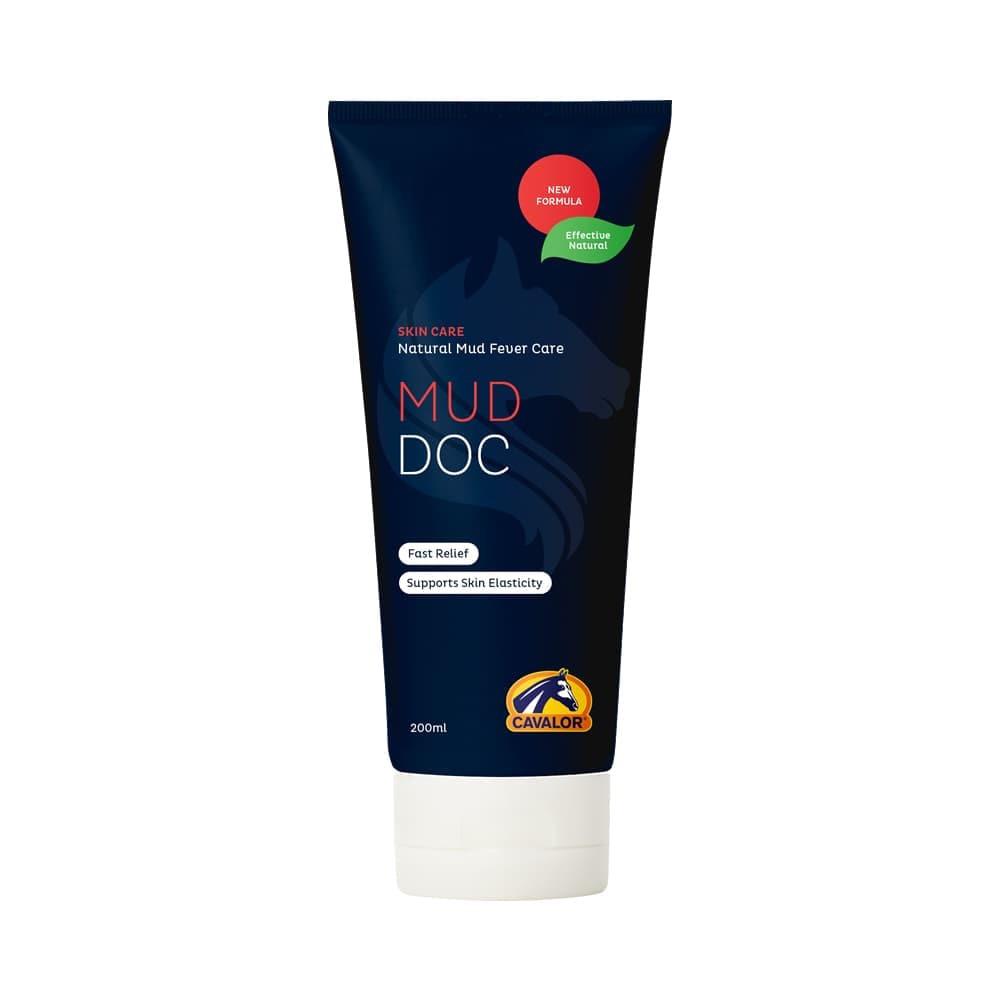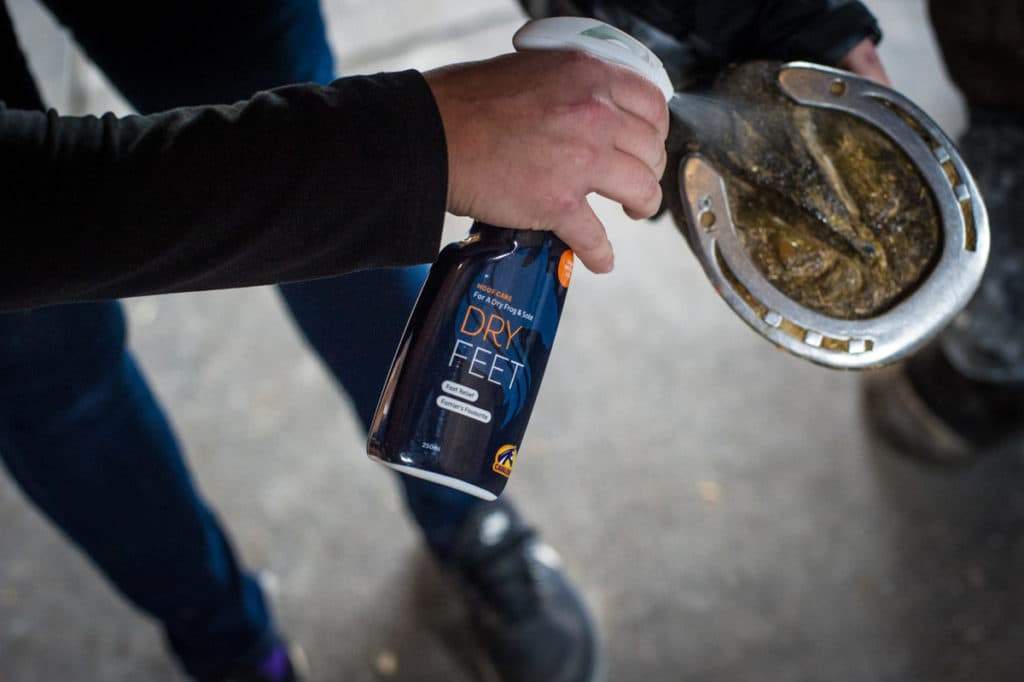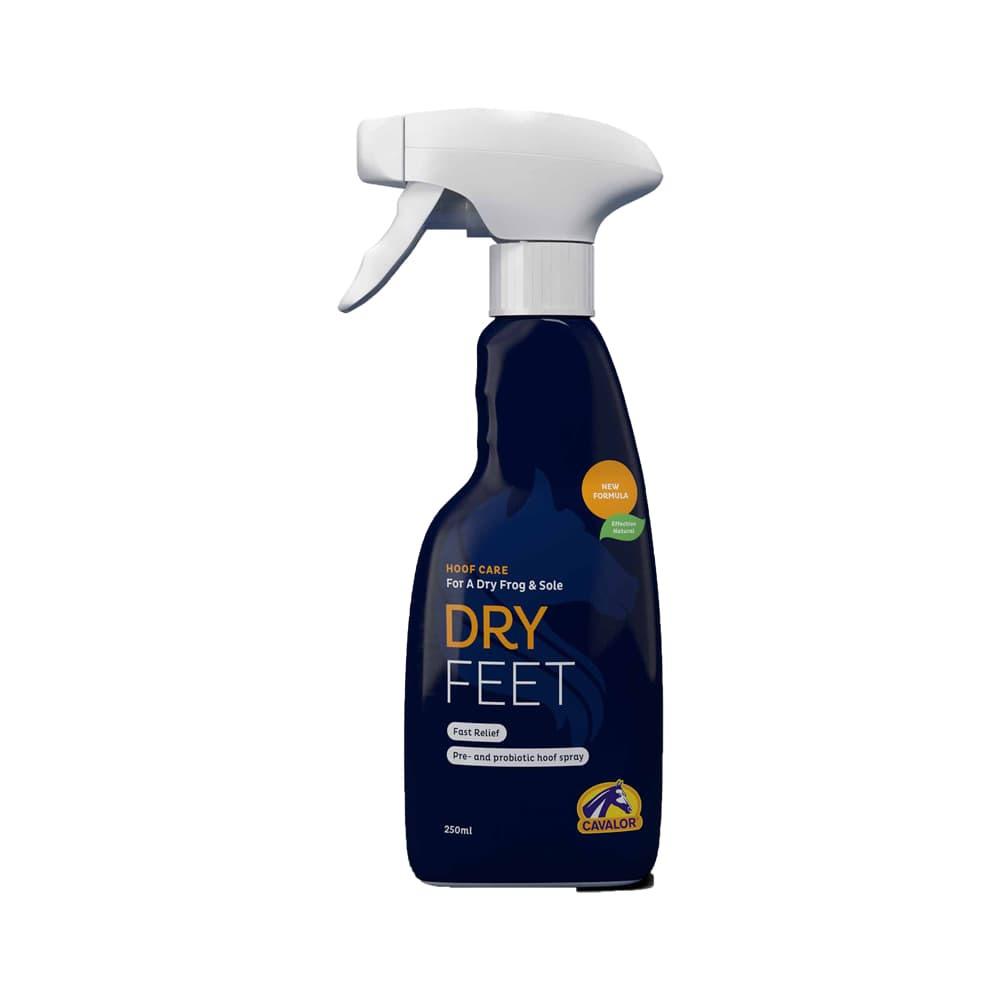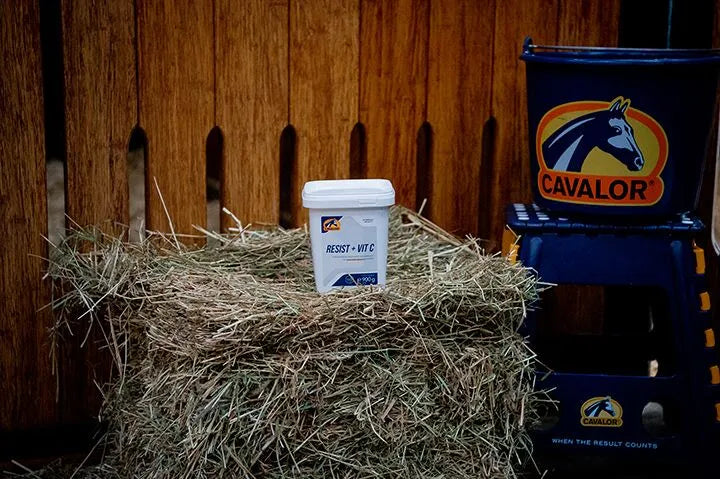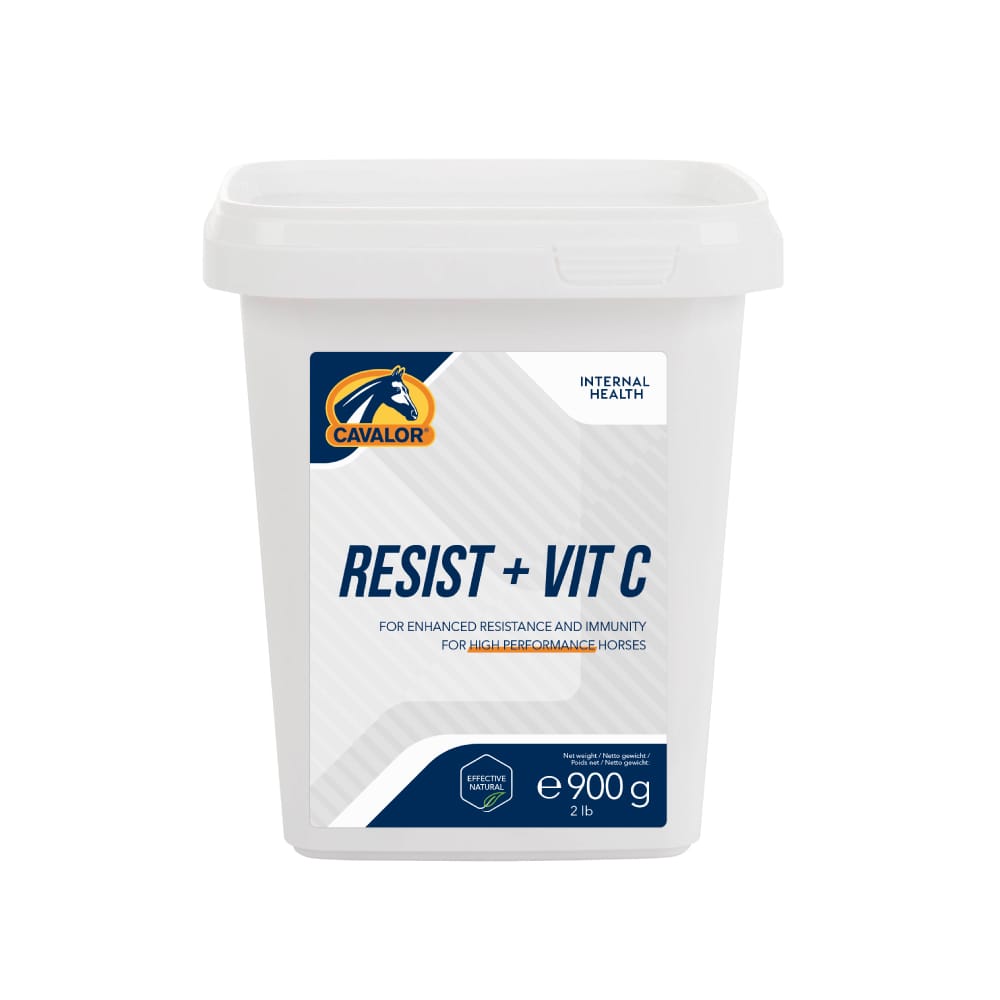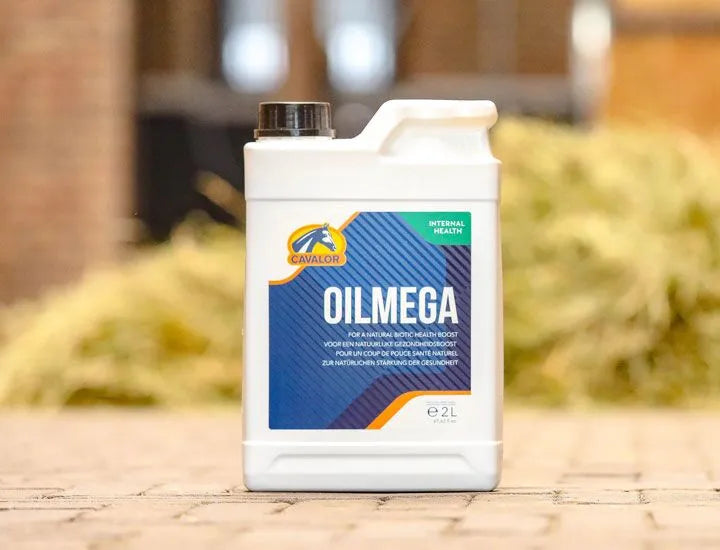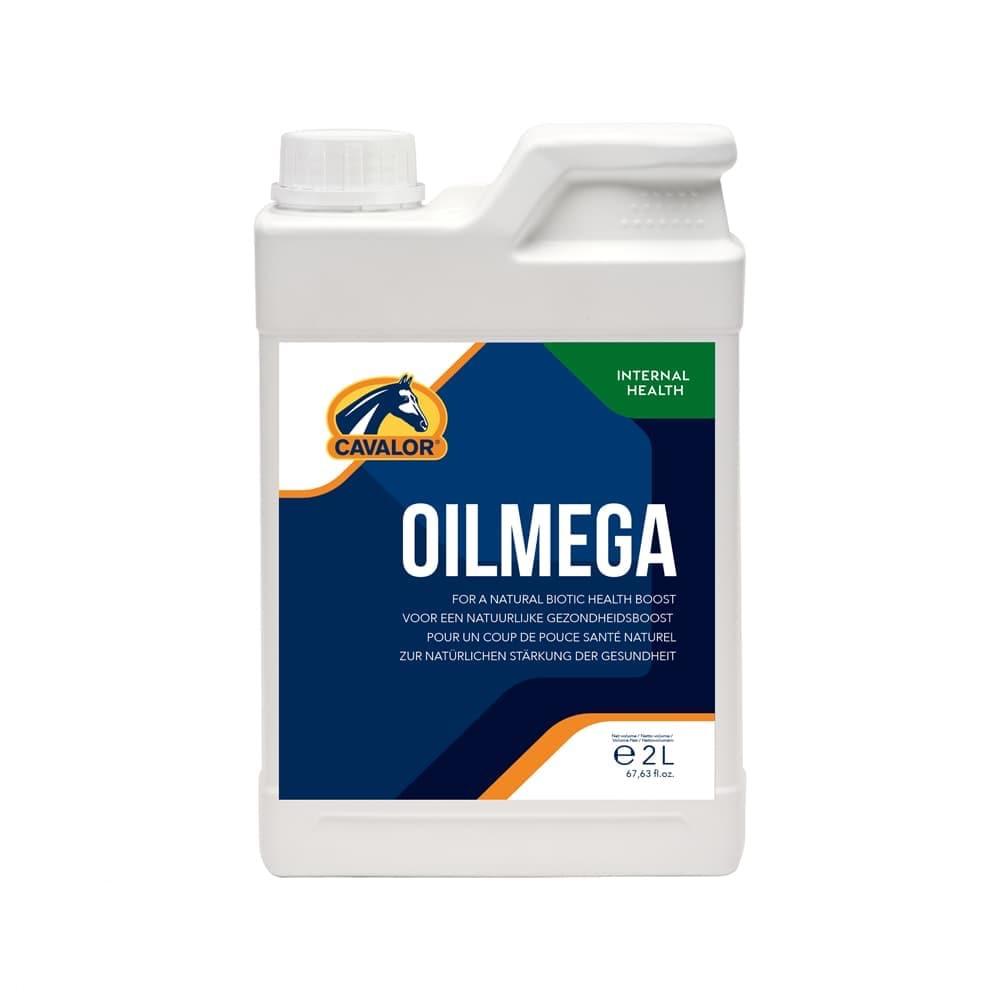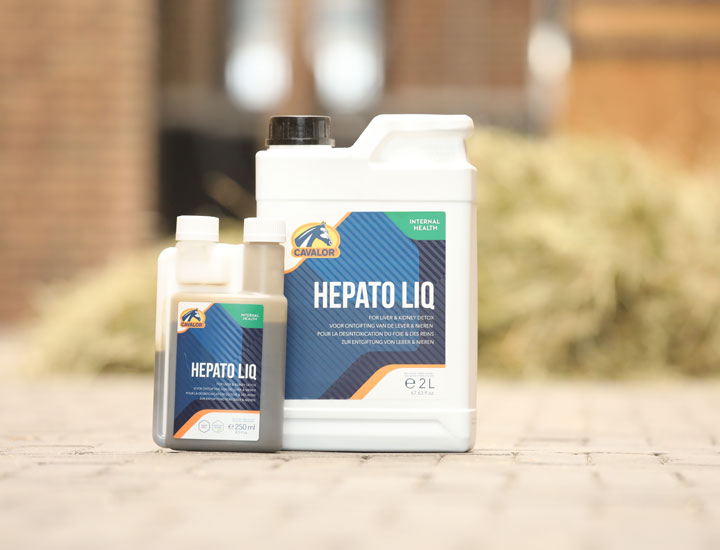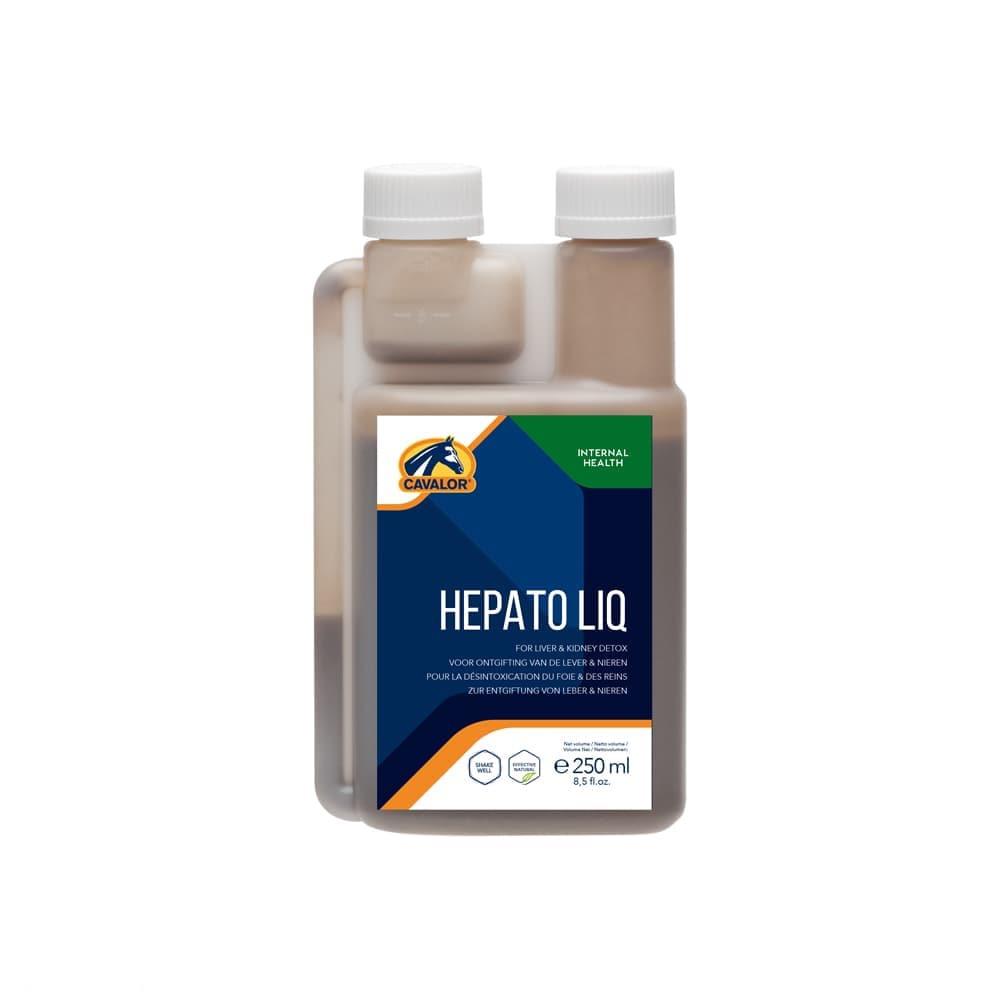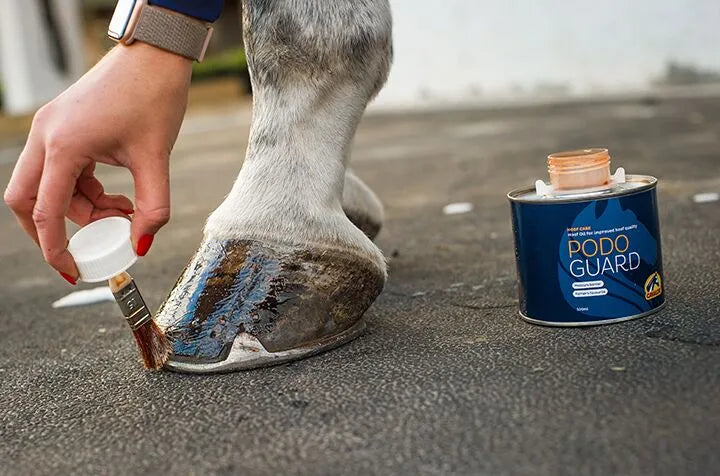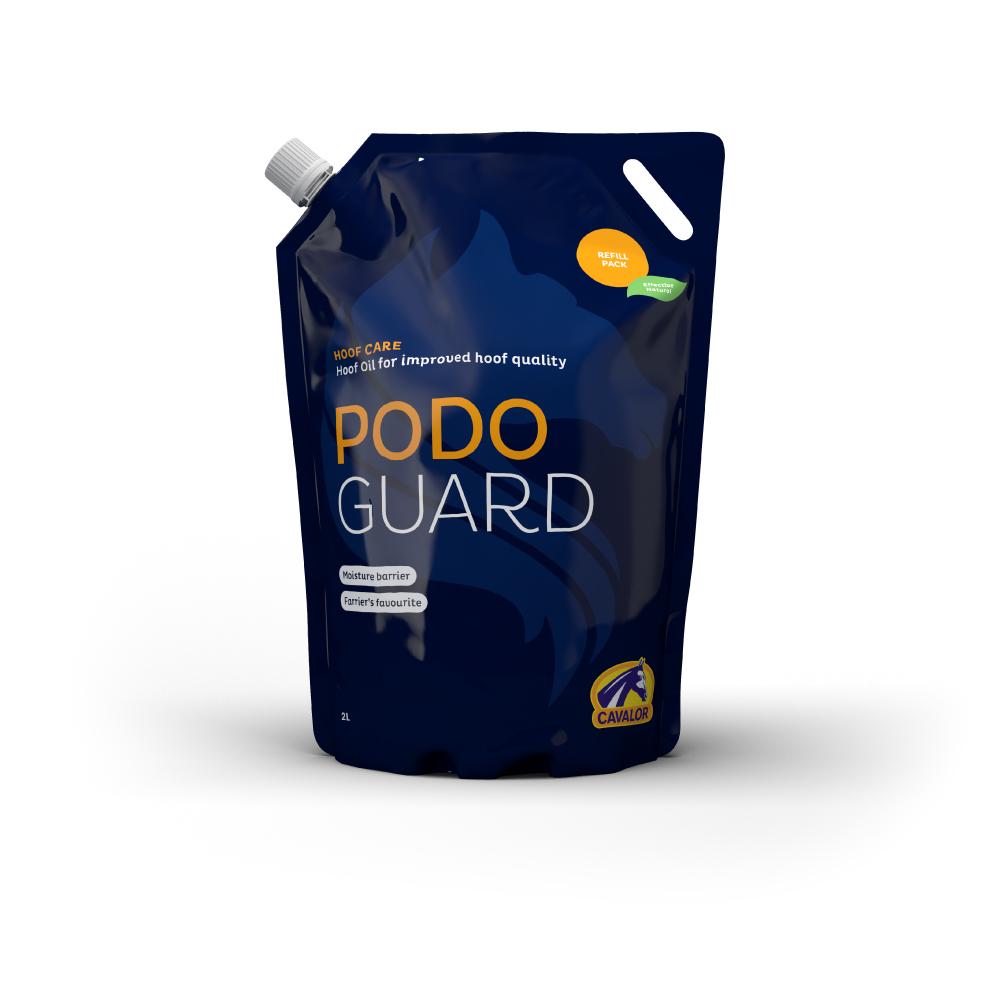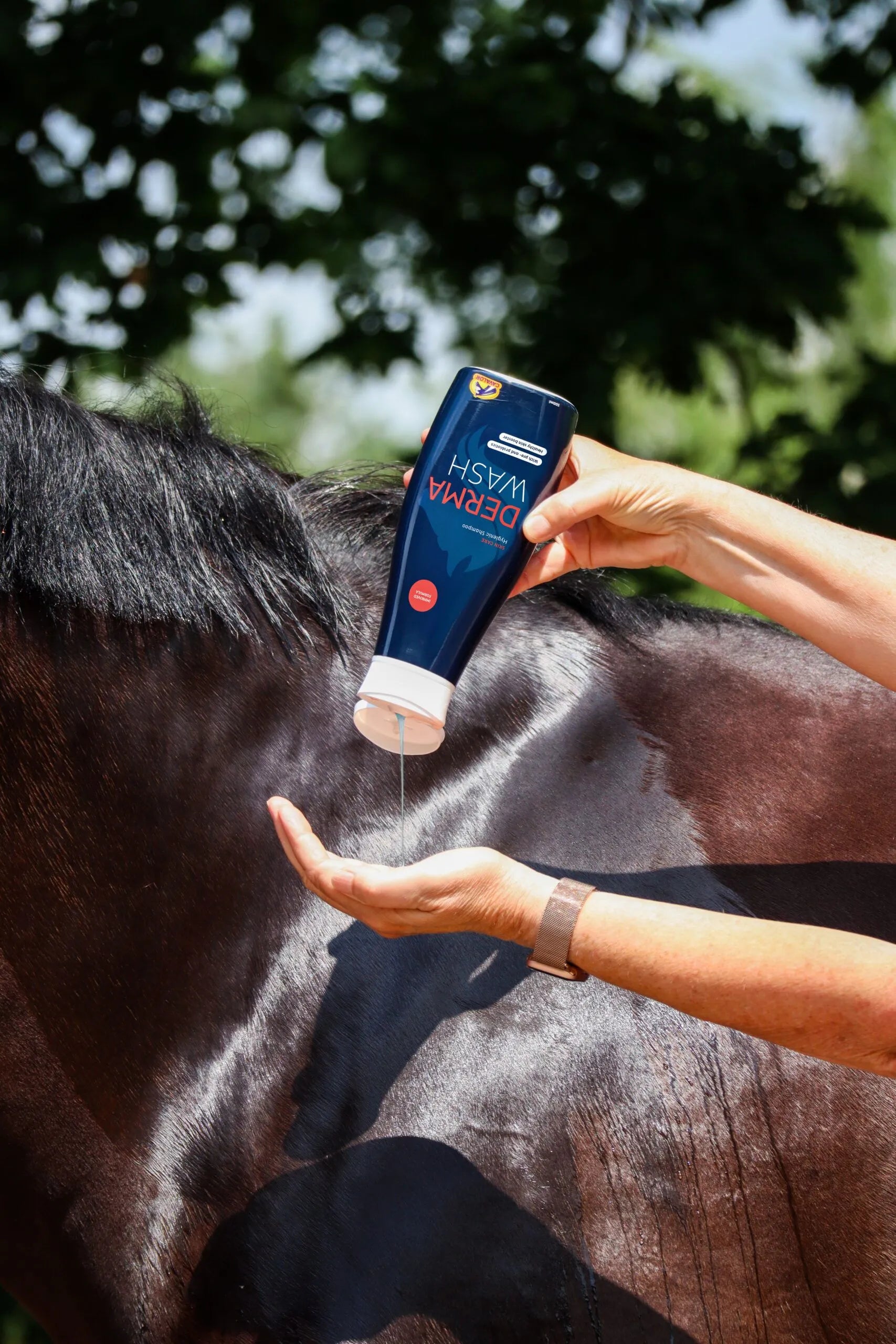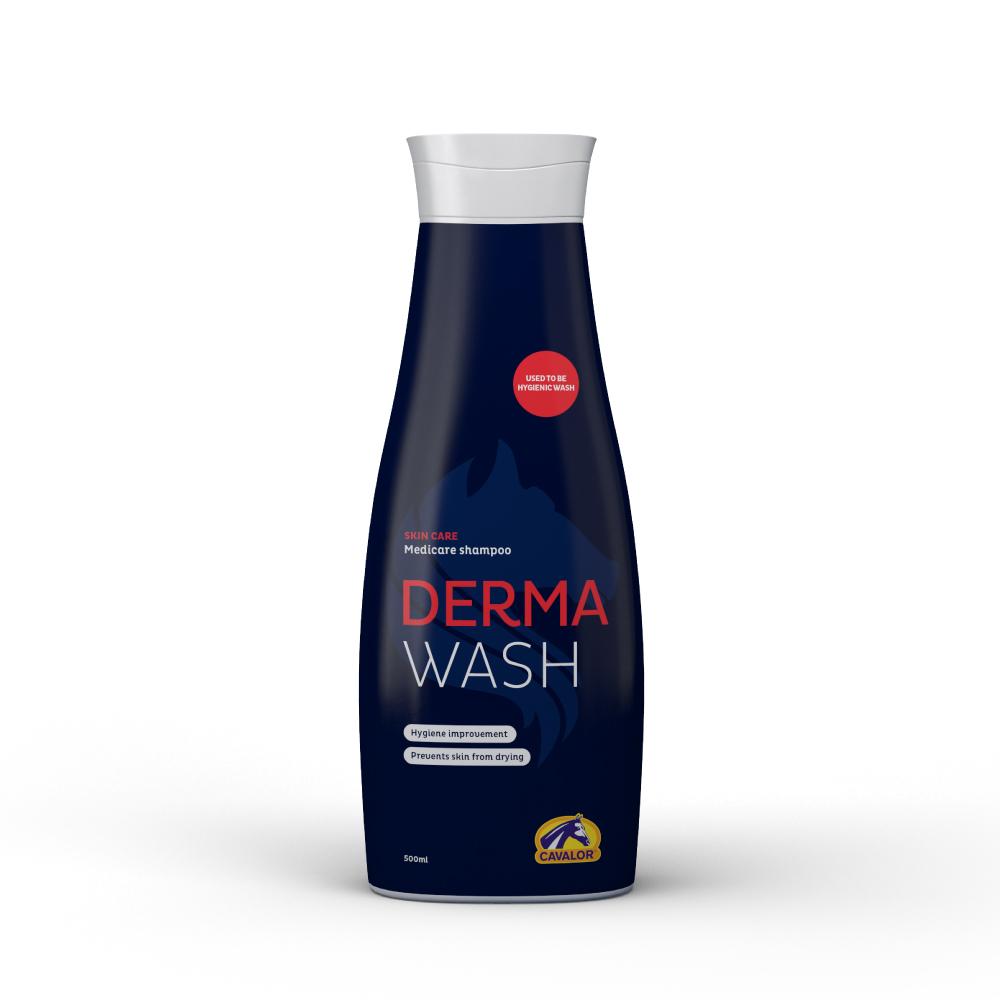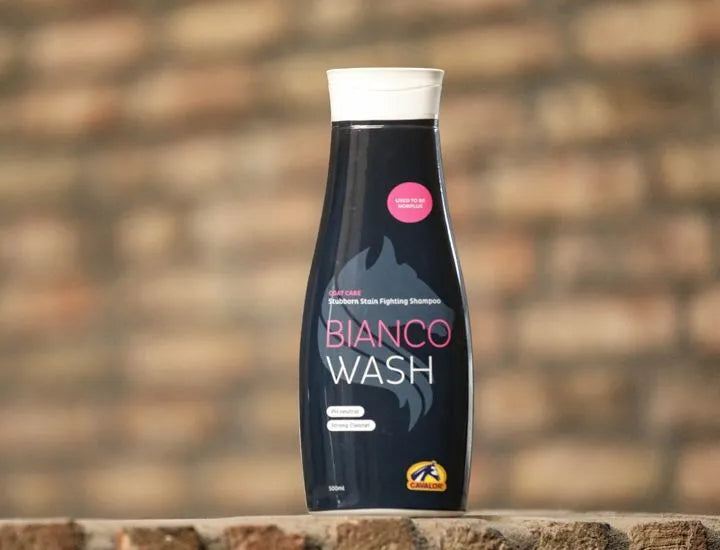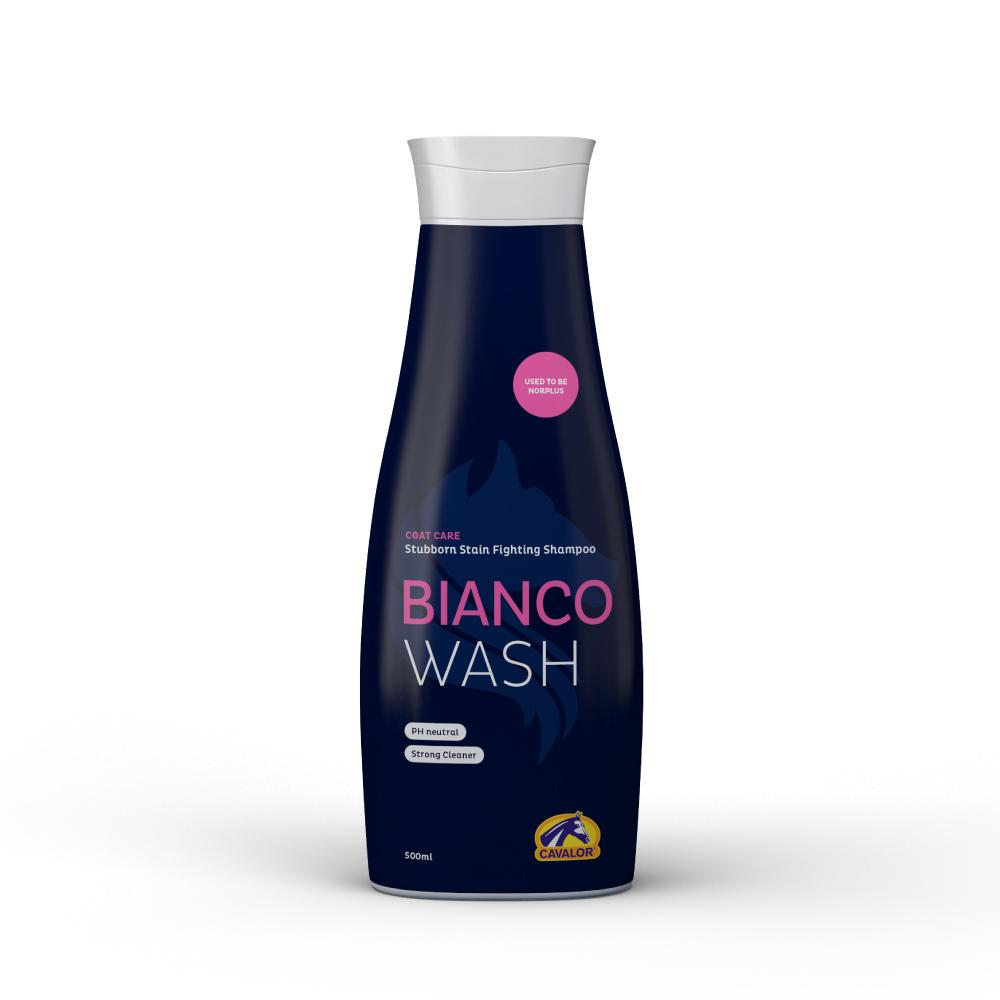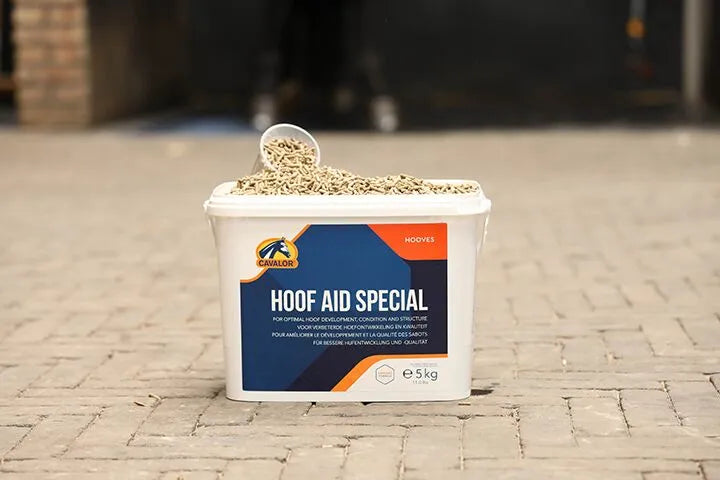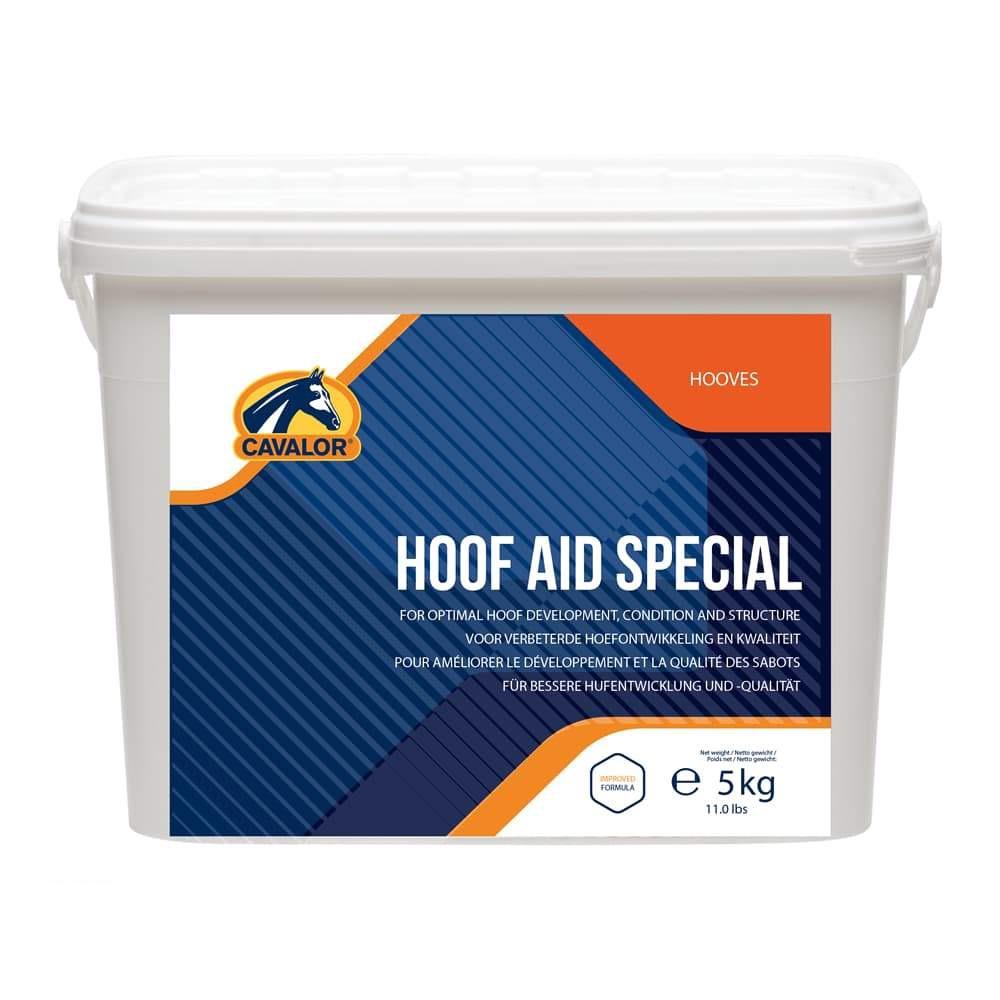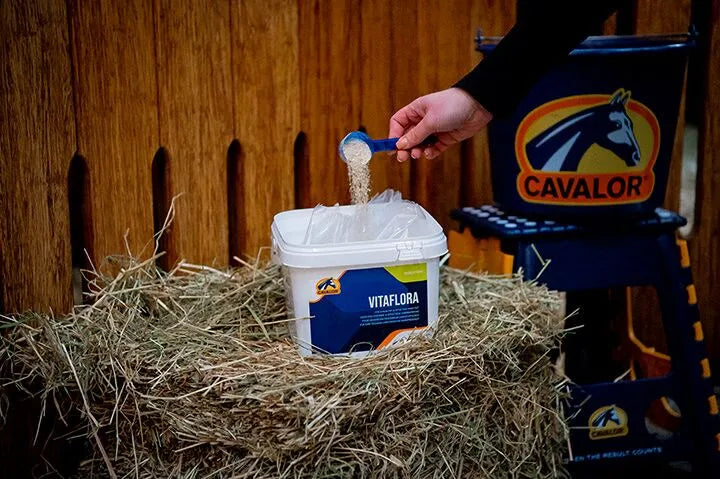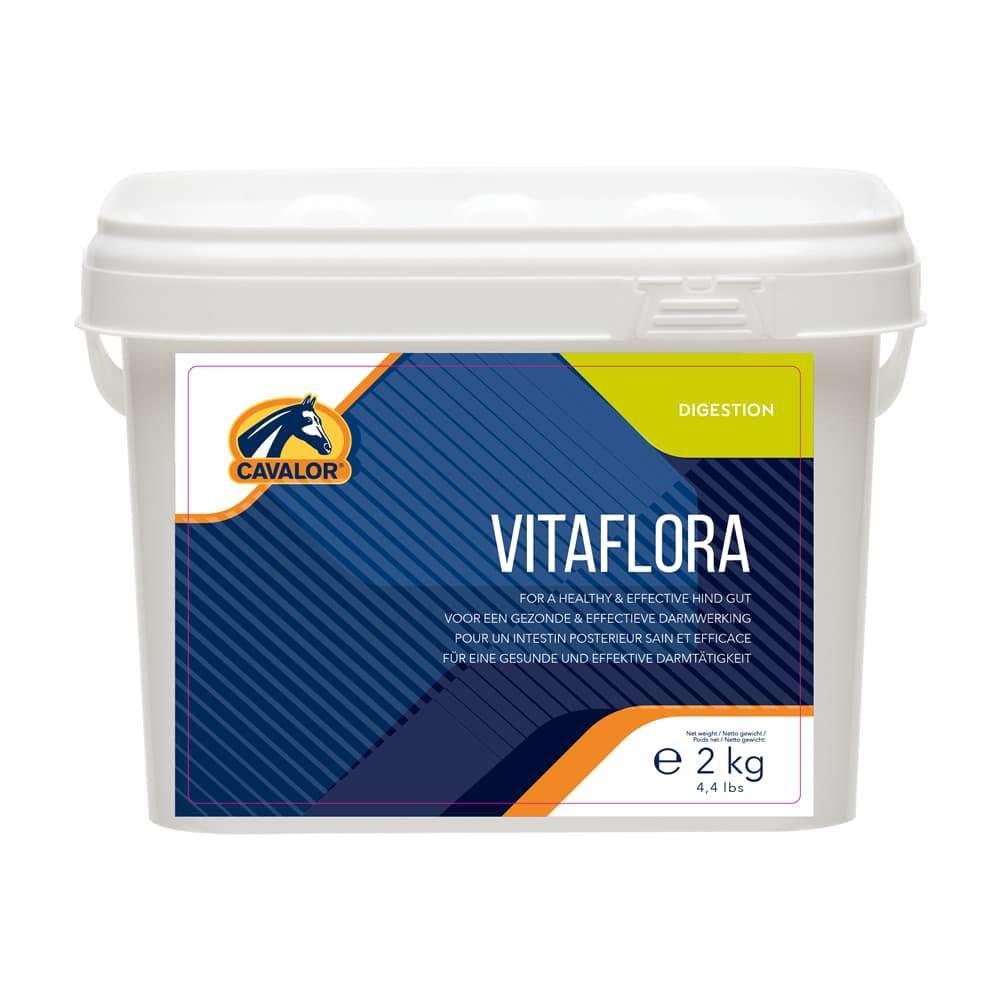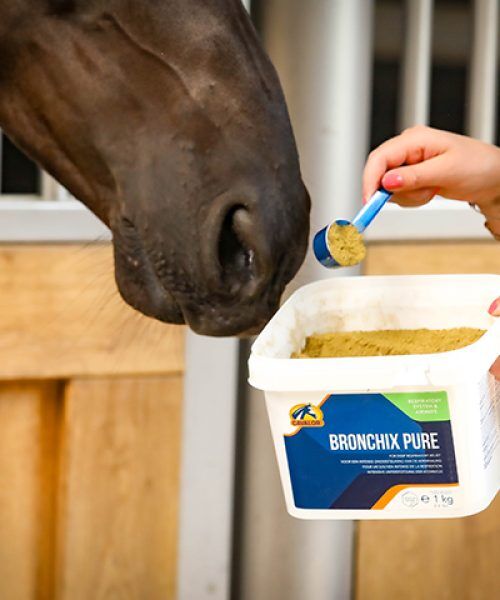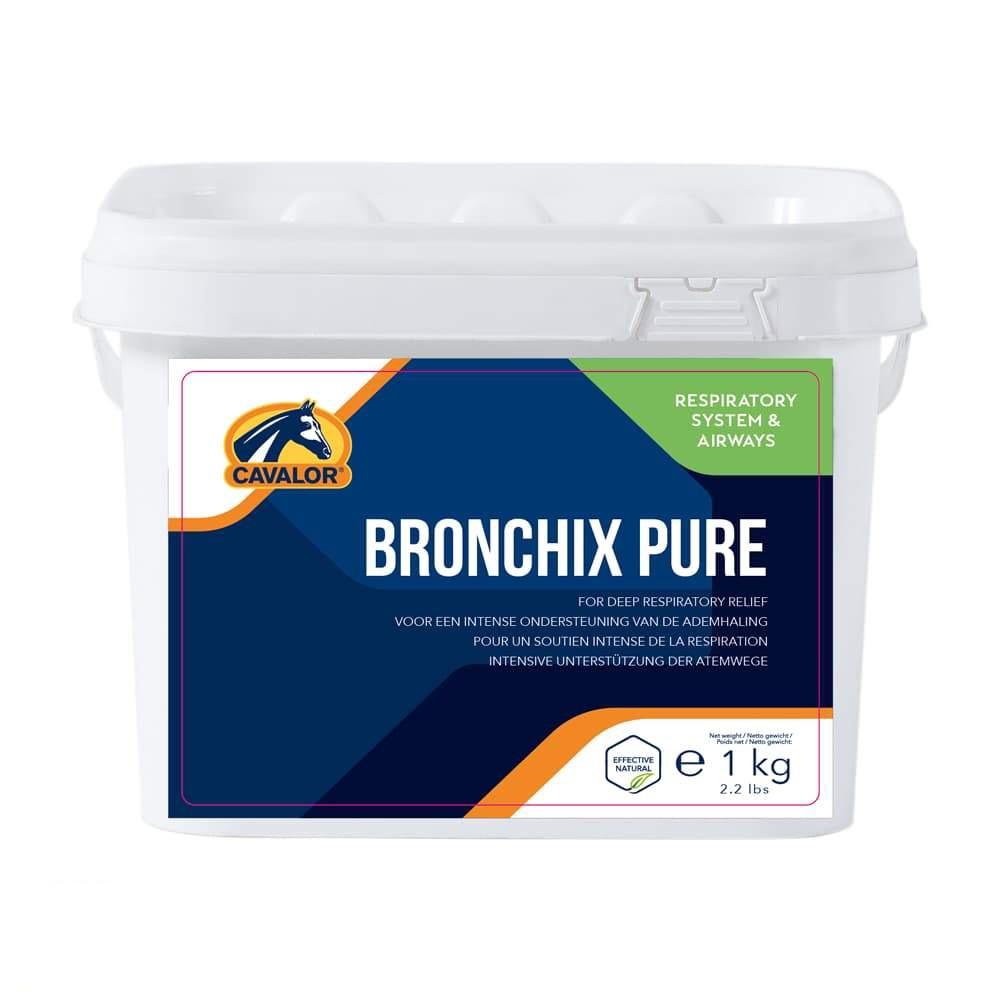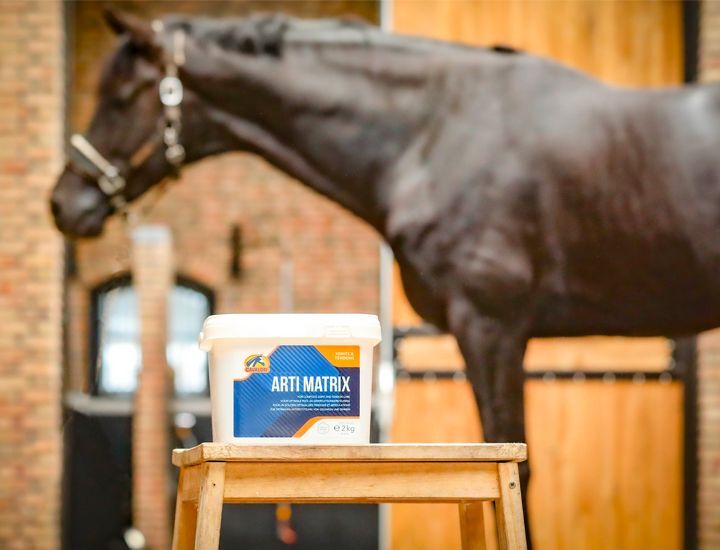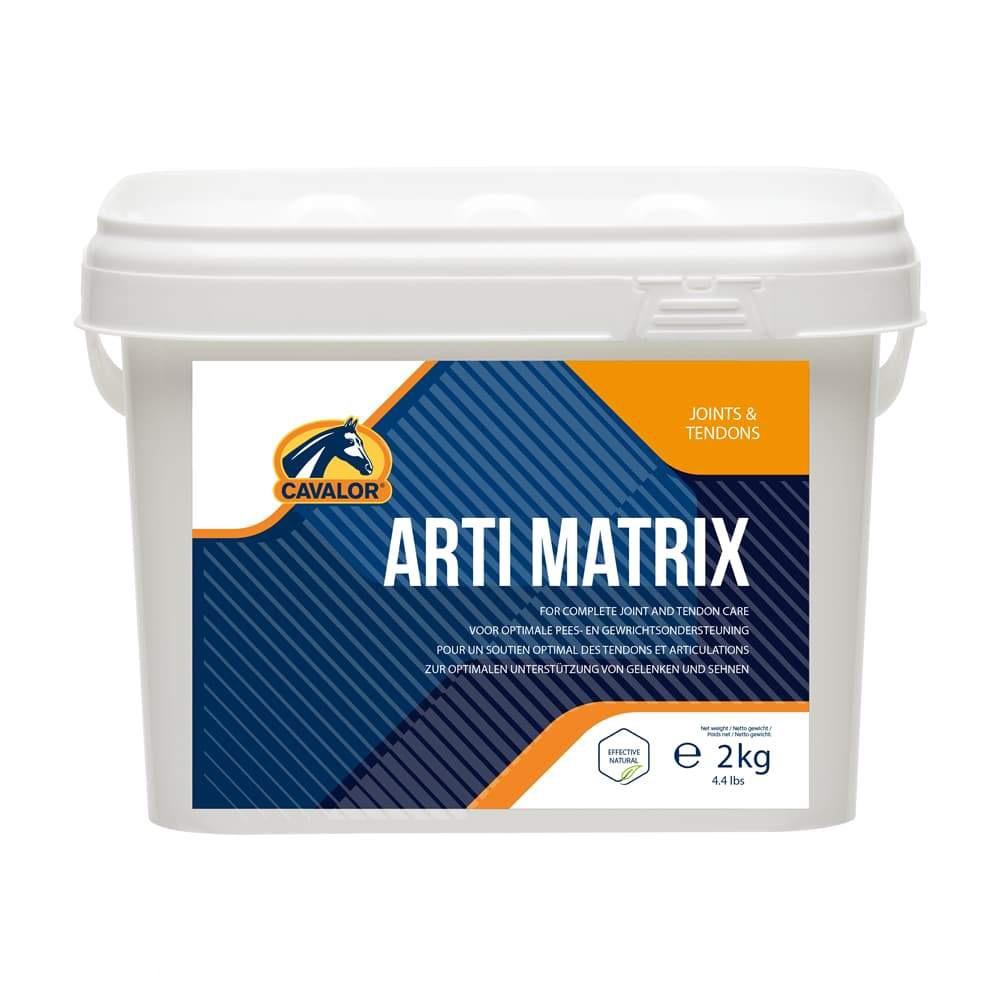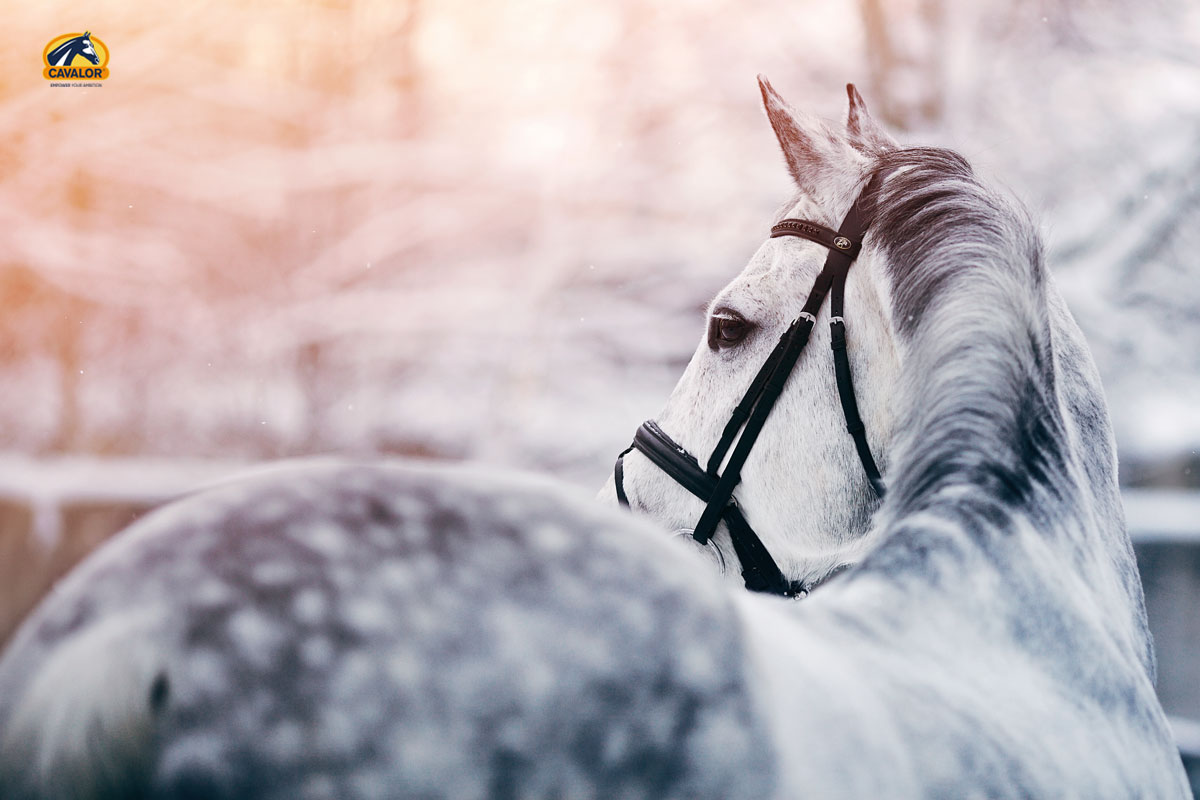
Winter Horse Supplements & Care Products

KEEPING IN SHAPE IN THE WINTER MONTHS
The days are shorter, the temperatures lower, and the weather is grey and wet. It’s winter again! Be honest: do you adapt your horse’s care to the seasons? Your winter stable routine should be different from your summer routine. For example, your horse probably spends much less time turned out than he does in the summer. Perhaps you’ve also clipped your horse? And perhaps you’re seeing the typical winter complaints of weakened immune system, mud fever, or thrush. It’s time to take a closer look at the stable routine in winter!
We start this with a short checklist for you to complete. How do winter and summer differ in terms of your stable management?
-Is your horse turned out more, or less?
-Is your horse exercised more, or less?
You’ve probably answered both of these questions with “less”. Less exercise, and less time turned out. So you can also see that your horse has fewer opportunities to burn off energy. And more time in the barn often means more boredom. Make sure that your horse gets enough roughage, distributed over several rations per day, so that he can eat continuously and his stomach is always full (this also helps fight boredom). If needed, give your horse a feed supplement or a balancer with the necessary vitamins, minerals and trace elements. If your horse is getting less exercise, adjust the quantity of concentrate feed to reflect this.
Roughage in winter
Most horses get less turnout in the winter. They do little to no grazing, and the grass will be less nutritious than it is in summer. In the winter, horses get fewer nutrients from grass and are therefore more dependent on roughage. Hay and haylage contain fewer vitamins and minerals that fresh grass, something overlooked by many horse owners. They give their horses the same amount of roughage throughout the year, although they need more in the winter months. The proteins, vitamins, and minerals in hay and haylage will also be lost over time. This is because the hay is cut in the spring or summer, but not used until the winter. During that time, its nutritional values will change. Horses are often thinner, or sport duller coats, in February. To compensate for these deficits, you can feed your horse a feed supplement or a balancer. The exact product will depend on the horse, situation, and work intensity.
Support your horse’s natural defences
Less exercise, and less time turned out. In the winter, many horses spend more time in the barn. Horses get the vitamin D they need from sunlight. In the winter, when there’s less sunlight, they get vitamin D from their feed. To prevent a vitamin D deficiency, you can add vitamins and minerals to your horse’s feed. Barn doors and windows are more often closed in the winter, creating the perfect environment for viruses and bacteria. In winter, a horse’s natural defences are put to the test. Supporting your horse’s immune system during this time will make him less susceptible to diseases. Omega-3 fatty acids and more fibre bring additional health benefits. In winter, horses get lots of Omega-6 fatty acids from concentrate feeds, but fewer Omega-3 fatty acids. And the hay they eat contains fewer Omega-3 fatty acids than the fresh grass they eat in the summer. Omega-3 fatty acids are important for the immune system and for the production of Omega-9 fatty acids in the gut. Support your horse’s health from the inside out! High-fibre mash is also a welcome extra in the winter months: a source of fibre, good for the gut microbiome, and it gives the horse a little more to do and something to nibble on.
Are you cold? Your horse isn’t!
Horses can adapt to changes in the weather much better than humans can. Horses have more muscle mass to keep them warm, and less bare skin to cool them. That’s why the horse’s thermoneutral zone is different from ours. A horse’s thermoneutral zone is the optimum temperature at which he is comfortable without a rug. In moderate climate zones, this may be between 5 °C and 25 °C. For humans, the thermoneutral zone lies between 25°C and 30°C. When the temperature drops below the thermoneutral zone, the horse needs additional energy to keep warm. Many horse owners can solve this issue by throwing a rug over their horse, but this is no solution for horses that are outside all the time. Horses warm themselves during the winter months through their digestion, so it will help to provide feed that helps them keep warm. The horse produces heat through the digestion of its feed. This is due to fermentation in the cecum and large intestine. Fibre in particular puts these processes in motion. Horses that spend the winter outside need roughage with a high fibre content, especially since they don’t get enough fibre from grazing.
What about clipped horses?
Clipping makes life easier for sport horses and their riders. The horse can more easily release heat generated during training and dry off more quickly afterwards. Clipping your horse, however, changes its thermoneutral zone. Make sure to cover your horse with an appropriate rug after it’s cooled off and depending on the outside temperature. You should also take into account that the horse’s skin is very sensitive. Keep your horse’s coat clean and soft. Use pH-neutral products to provide the skin with nutrients and protect it. For horses, a neutral pH value lies between 7.0 and 7.4.
Last but not least: winter hygiene
Mud, dampness and urine. The presence of any of these can be bad on its own. Together, they become even more powerful and are often the causes for common winter problems like mud fever and thrush. It need not be mentioned that keeping a box clean in the winter requires a lot of attention. You can supplement this with a “winter first aid kit” with products to combat mud fever and thrush such as Cavalor Muddoc and Cavalor Dryfeet.
Helpful Tips
To compensate for vitamin and mineral deficiencies in leisure horses, we recommend Cavalor Nutri Support. If you don’t want to give your horse too much concentrate feed, this feed supplement provides your horse with all the vitamins and minerals it needs. For sport horses, we developed Cavalor Nutri Plus. It contains more nutrients than Nutri Support, because sport horses have higher requirements for certain vitamins and minerals. It also contains amino acids, electrolytes, vitamins B and E, and selenium.
Cavalor OilMega is a plant-based aid to support the equine gut microbiotica and immune system. It’s a balanced blend of special fatty acids, Omega-3, Omega-6, vitamin E, and natural antibiotics to support gut health. It promotes a shiny coat and supports metabolism. We recommend feeding it to your horse from November until April.
Cavalor Fiber Beet Mash is high in fibre, an essential part of equine nutrition. It contains dried beet schnitzel flakes and long fibres. Soak for 20 minutes before feeding. Your horse will also enjoy it as a tasty winter treat.
Then give him Cavalor Wholegrain, a high-fat concentrate mix that will keep your horse healthy and his coat shiny and ensure weight gain.
Wash him first with Cavalor Derma Wash, a pH-neutral shampoo that disinfects the skin without drying it out. This makes clipping easier and more efficient. Cavalor Derma Wash has added glycerol to condition the coat and skin.
Thrush is an annoying condition caused by bacterial infection. Supporting healthy bacteria (probiotics) with prebiotics gives you a significant advantage: you can actively suppress the bad bacteria that cause thrush! Cavalor Dry Feet is formulated on the basis of pre and probiotics, making it outstanding in fighting thrush.
Mud fever is hard to combat, but with the right products you can get it under control. Cavalor Muddoc contains over 10 essential oils working together to heal, relieve and disinfect. The formula is 100% natural!
We’re committed to good health inside and out. Our products – nutrition, supplements and care products – reflect what your horse needs in every sporting achievement, stage of life or special need. Because horses that are happy and healthy are our most valuable asset.
